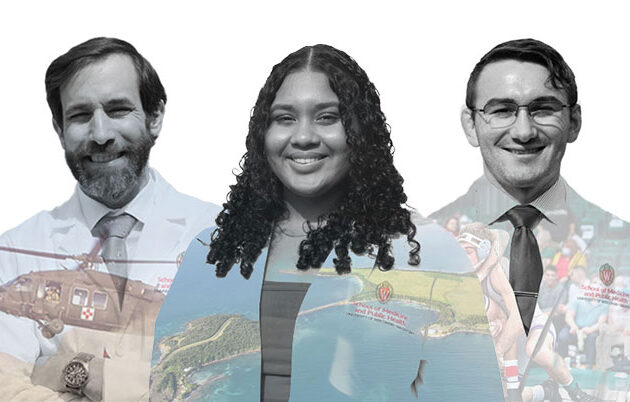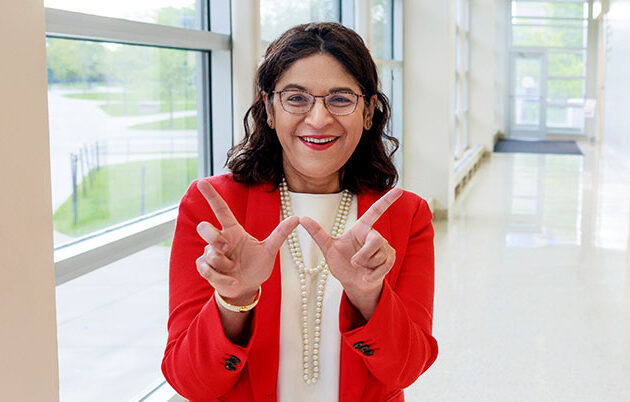We asked five UW researchers to describe the scope of their programs and what inspires them.
Christoph I. Lee, MD, MS, MBA
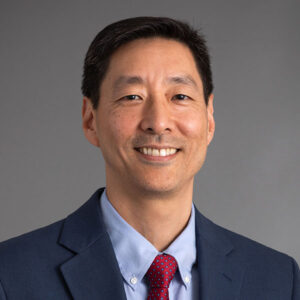 Professor of radiology
Professor of radiology
Vice chair of research, Department of Radiology
Research focus: Dr. Lee recently joined UW–Madison as the Tom Grist, MD/GE HealthCare Foundation Distinguished Chair in Radiology Research. He studies the factors driving health outcomes at the population level and works on developing new cancer screening and early detection technologies. A key interest is using artificial intelligence in mammography.
At the University of Washington, Lee founded the Northwest Screening and Cancer Outcomes Research Enterprise connecting clinics and hospitals across the region and plans to bring a similar approach to Wisconsin.
Current work: Lee and other researchers are working on a National Institutes of Health (NIH) funded study evaluating four different FDA-approved AI algorithms for mammography interpretation.
Why it matters: “If we can identify ways that artificial intelligence can improve breast cancer screening performance and outcomes, and for which women, we can provide a more precise and personalized screening approach to save more lives,” Lee said.
Why federal funding is needed: Without federal funding, Lee said, researchers wouldn’t be able to provide entities like the U.S. Preventive Services Task Force and the American Cancer Society with the latest recommendations to keep clinical guidelines up to date. Lack of resources could also affect the ability to advise the American College of Radiology about performance benchmarks followed by radiologists nationwide, and to inform the public about which imaging technologies are most effective.
Amy Trentham-Dietz, PhD
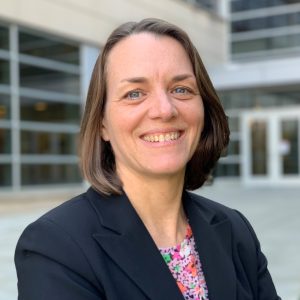 Professor of population health sciences
Professor of population health sciences
Associate director of population sciences and community engagement, UW Carbone Cancer Center
Research focus: Dr. Trentham-Dietz focuses on breast cancer prevention, early detection, and computer simulation modeling, which predicts future outcomes based on current data. Her goal is to inform breast cancer screening policies and practice. She also investigates modifiable factors like obesity, physical activity and environmental exposures to understand disease causes, as well as studying populations disproportionately affected by breast cancer throughout the state and beyond.
What drives her: “I really care about focusing on cancer in women and the injustice of how research historically has not paid attention to women’s issues,” Trentham-Dietz said. “As a scientist, it became important for me to work on issues that had been ignored.”
Major impact: Trentham-Dietz led the research team that helped inform last year’s recommendations by the United States Preventive Services Task Force to start mammograms at age 40, lowering the age from the previous recommendation of 50.
Why federal funding is needed: Researchers are investigating potential links between cancer diagnoses and exposures earlier in life, Trentham-Dietz said. Because cancer takes a long time to develop, it is important to have long-term investment by federal research agencies.
Beth Weaver, PhD
 Professor of cell and regenerative biology
Professor of cell and regenerative biology
Professor of oncology
Research focus: Dr. Weaver’s research focuses on regulation of chromosome segregation during cell division, looking at how chemotherapeutic agents and radiation disrupt cell division. Her lab also studies how errors in the cell division process affect tumors. Recently they have made strides in understanding why paclitaxel, a standard chemotherapy treatment long used to treat different stages and subtypes of breast cancer, is only beneficial to about half of patients.
Major breakthrough: Weaver discovered that the long-accepted mechanism that paclitaxel stops cell division was wrong. By examining tissue samples from post-treatment breast cancer biopsies, her team learned that the drug concentrations actually reaching tumors are lower than levels typically studied in labs. At clinically relevant concentrations of paclitaxel, tumor cells that are sensitive to paclitaxel undergo an abnormal cell division process, which results in tumor cell death.
Current work: Weaver aims to develop biomarkers to predict when paclitaxel will be an effective treatment. She’s also leveraging her discoveries about paclitaxel’s true mechanism to develop methods to overcome drug resistance, with the goal of making the treatment effective for all patients rather than half.
Collaboration: Her collaboration with breast cancer medical oncologist Dr. Mark Burkard, who was at UW–Madison and is now at the University of Iowa, set the foundation for clinical trials that are transforming our understanding of this commonly used chemotherapy agent.
Research philosophy: “It’s critically important to do the experiment, rather than just assume you know the answer,” Weaver said.
Deric Wheeler, PhD
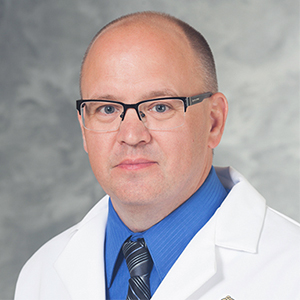 Professor of human oncology
Professor of human oncology
Research focus: As a cancer biologist, Dr. Wheeler focuses part of his research program on triple-negative breast cancer (TNBC), an aggressive form that accounts for 10% to 15% of all breast cancers, with fewer treatment options and high recurrence. Using animal models, cell lines, and tissue samples, Wheeler studies how triple-negative breast cancer cells become resistant to treatment and develops ways to enhance the immune system’s response against tumors.
His laboratory focuses on a category of proteins that control cell signaling called receptor tyrosine kinases — particularly the TAM family (Tyro, Axl, and MerTK) — and how they help cancer cells escape immune detection and develop resistance to targeted therapies.
What drives him: Wheeler’s mother was diagnosed with breast cancer while he was earning his master’s degree in disease pathology at the University of Iowa. “I started to think about what she was facing, and what other people were facing,” Wheeler said. “Then I started to crystallize on researching cancer.”
Collaborative approach: Wheeler partners closely with medical oncologists and surgeons to translate scientific discoveries to clinical practice, including ongoing research partnerships with Dr. Kari Wisinski. Clinicians’ feedback helps push him to design preclinical models that more closely mirror clinical practice.
Current work: Wheeler is developing a rapid identification system using MerTK as a biomarker to determine which women diagnosed with triple-negative breast cancer should receive immunotherapy, opening the door to more precise, personalized cancer care.
Kari Wisinski, MD
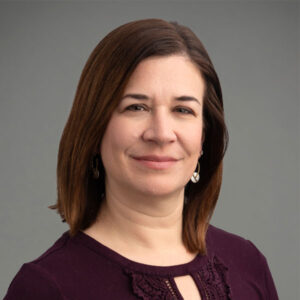 Professor of medicine
Professor of medicine
Chief of the Division of Hematology, Medical Oncology and Palliative Care
Research focus: Dr. Wisinski, who co-leads the Breast Cancer Disease Oriented Team at the UW Carbone Cancer Center, develops and tests new treatments for metastatic and advanced breast cancer, studying prognostic and predictive biomarkers to tailor therapies to individual patients.
What drives her: During her undergraduate studies at Washington University in St. Louis, Dr. Wisinski worked in an infectious disease laboratory and loved the direct application of scientific discovery to patient care.
Collaborative approach: Wisinski has been involved with the Big Ten Cancer Research Consortium since its establishment in 2013. The consortium emphasizes collaboration across universities, which allows researchers to quickly open clinical trials across multiple sites and complete studies faster.
Major breakthrough: Through her work on the National Cancer Institute Match study, which matched patients to treatments based on their tumor’s genetic profile, Wisinski’s team demonstrated the effectiveness of identifying personalized treatments that target tumor genetic profiles.
Current work: Wisinski recently published the results of a clinical trial to study whether combining two targeted cancer drugs could help with treatment-resistant advanced triple-negative breast cancer, although it did not prove effective.
Changing perceptions: “I think the biggest misconception about clinical trials is that they’re only there as a last option,” Wisinski said, emphasizing that trials often provide access to cutting-edge experimental treatments.
– Author Mary Bosch is a 2025–26 science communications intern at the School of Medicine and Public Health
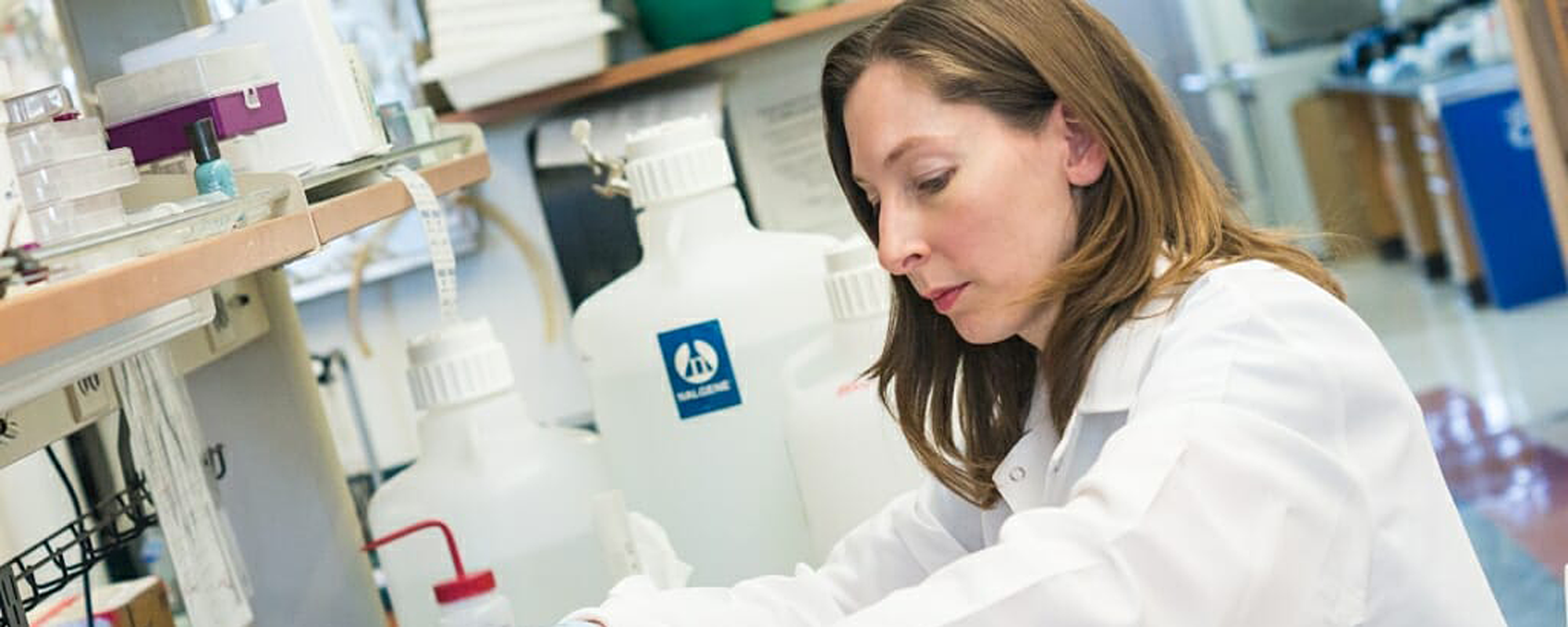
 Professor of radiology
Professor of radiology Professor of population health sciences
Professor of population health sciences Professor of cell and regenerative biology
Professor of cell and regenerative biology Professor of human oncology
Professor of human oncology Professor of medicine
Professor of medicine